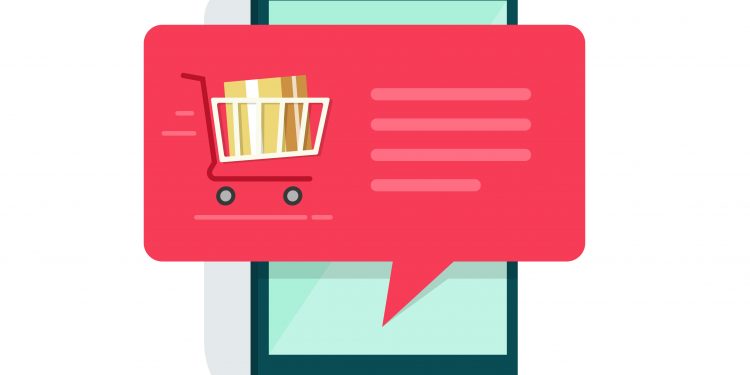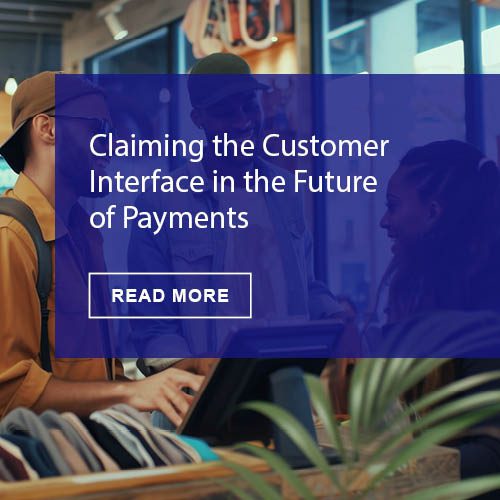There were many reasons why Mastercard purchased faster payments platform developer Vocalink in 2016. One major reason is the platform’s Request to Pay capabilities.
This is a feature where a business sends a payment request to a consumer (or small business) with an associated invoice or bill details. The consumer can then effortlessly push a credit to the business through a card transaction or real-time payment.
This capability has launched, or really re-launched, in the U.K. as Finextra reported:
Request to Pay is a secure messaging service that allows billers and consumers to communicate before payment takes place. Designed to put control in the hands of the consumer, the Request to Pay service will provide more options and flexibility to settle bills between businesses and individuals transparently.
Businesses will also be able to communicate with consumers regarding the payment, receiving more information and data about payment preferences and habits that will enable more efficient payments in future. For example, consumers will be able to tell the billers they would like to pay in full, in part, request additional time to make a payment, decline to pay or begin a dialogue with the requester.
Vocalink’s Request to Pay solution in the UK, is the latest addition to Mastercard’s portfolio and supports the business’ global effort to bring innovation to bill payment ecosystems for the benefit of consumers. The solution, which will launch in the UK in Q1 2020, following accreditation by Pay.UK, is co-developed with Exela Technologies, a world leader in business process automation.
The focus of Request to Pay is to provide a better bill pay experience for consumers, banks and businesses creating efficiencies and an improved user experience:
Request to Pay’ draws upon Mastercard’s existing expertise and experience in innovation across the UK market and the US, where it is launching Mastercard Bill Pay Exchange that links to The Clearing House’s (TCH’S) RTP infrastructure and is built with technology from Vocalink, a Mastercard company.
What are the benefits of Request to Pay?
Billers will be able to send bills in electronic format directly to consumers, bypassing paper-based processes and associated costs. They will have greater transparency and certainty of when and how bills will be paid, and also benefit from a simpler payments reconciliation process.
Request to Pay in theory could be used to facilitate purchase transactions, but that doesn’t appear to be a current focus.
Overview by Sarah Grotta, Director, Debit and Alternative Products Advisory Service at Mercator Advisory Group











